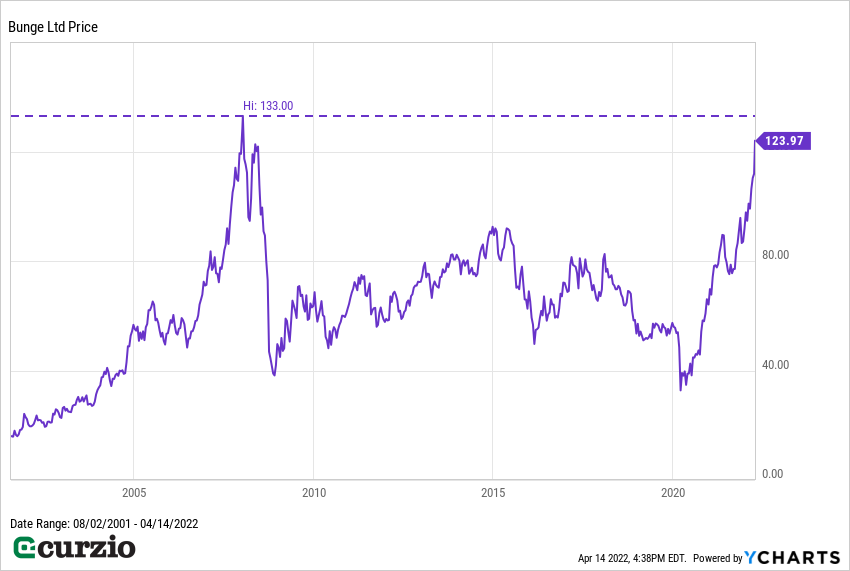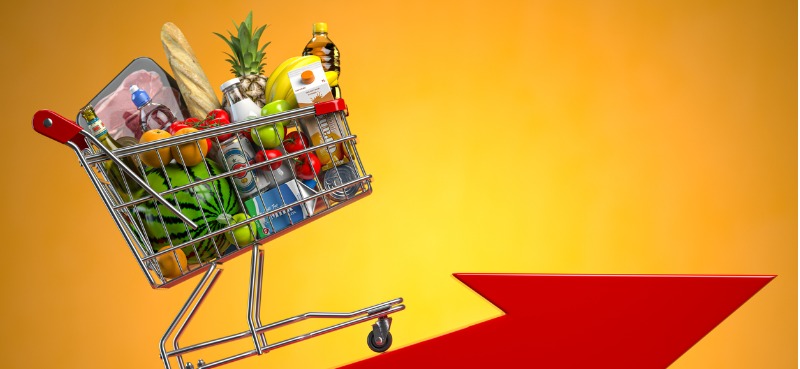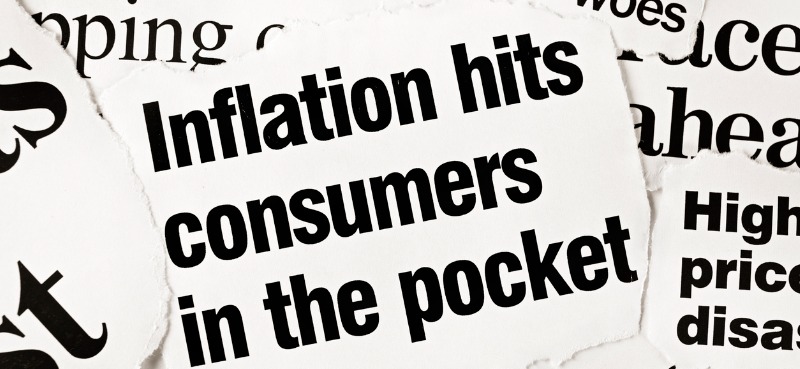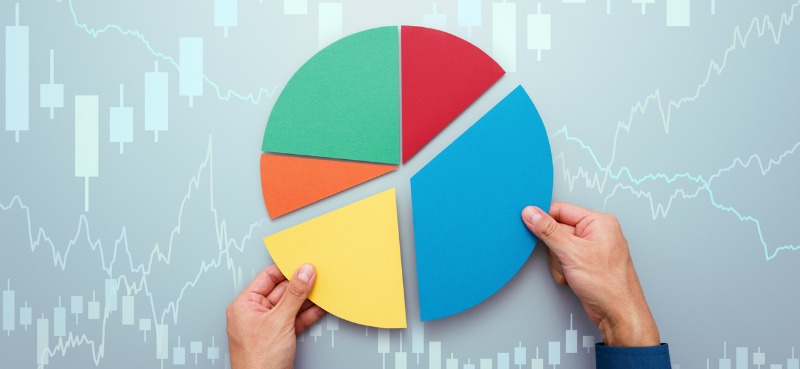Since Russia’s invasion on February 24, Ukrainian civilians have been inspiring the world as they rally to defend their homeland…
From making homemade Molotov cocktails… to knocking drones out of the sky with jars of preserves… to providing relief on the frontlines… average citizens are using whatever tools are at their disposal to fight back.
The latest viral show of resistance: Farmers using their tractors to tow away broken-down Russian tanks and military equipment. (Full disclosure: The first video is riddled with Russian cursing… Like, every single word.)
Some reports say the Russian military has been stealing fuel from Ukrainian farms… leading clever farmers to contaminate their supplies… which is, in turn, causing more of Russia’s military vehicles to break down.
The indomitable spirit of these farmers is encouraging… But we can’t forget that the harsh reality of the war means they’re in serious danger.
Farmers have already started the planting season in the areas of the country least impacted by the war… but with a constant life-or-death threat looming, many are fearful they won’t be around for the harvest.
But even in the highly unlikely event that the war sees no more casualties… Ukraine’s farmers are facing another dire threat—to their livelihood—as the war shakes the global supply chain.
You see, Ukraine is a major agricultural country—and a critical link in the global food chain. It’s the fifth-largest wheat exporter In the world… and the third-largest exporter of sunflower oil (an oilseed behind only soybeans and rapeseed in importance).
Already, the country has lost some $1.5 billion in export revenue, with millions of tons of corn and wheat blocked from export.
Countries all around the world, unable to stop the aggression, are making every effort to protect their food sources… and to prevent a global food crisis.
Just two days ago, in a joint statement, the heads of several international organizations, including the United Nations World Food Program and World Trade Organization, called for urgent action on world food security.
Obviously, as consumers (and humans who need food every day), we should be concerned.
While we can do little to stop Russia… we can at least offset some of the price increases.
How?
By investing in the strongest companies working to counteract this trend—and prevent food from becoming a luxury item.
One such company is Bunge (BG). I recommended Bunge to Unlimited Income members in March 2021… and we’re already up nearly 60% on the stock—with more to come…
Founded in 1818, it’s a global agribusiness and food company, specializing in oilseeds, packaged vegetable oils, protein meals, wheat flour, and other ingredient products.
Bunge buys crops from farmers and sells them down the food chain to manufacturers, animal feedstock companies, and biodiesel industries. Relatively small with a market cap of just $17 billion, BG generated nearly $60 billion in 2021. It has operations across the globe—although since the war started, it’s had to suspend its Ukrainian sunflower refining plant.
Companies keeping the food supply chain uninterrupted are becoming more and more critical…
Bunge, with its well-established ties to large agribusinesses… small farmers… and a well-developed food logistics network… is one such business.
In the normal course of business, Bunge buys, trades, stores, transports, and processes grains, oilseeds, and other agricultural commodities. The company is also in a financing business: It provides foreign exchange and other financial services to traders, and even loans to farmers (especially in Brazil).
When food prices are in an uptrend, these businesses are more profitable—meaning Bunge’s margins and earnings are typically higher.
And the ongoing global food supply chain crisis has already resulted in record prices…
According to the U.N.’s Food and Agriculture Organization, food prices hit record highs last month… with the FAO Cereal Price Index and FAO Vegetable Oil Price Index surging to new records, up 17% and 23%, respectively, in March alone.
And Bunge is in a prime position to benefit.
Last year (2021), Bunge earned a record $12.93 in earnings per share (EPS), vs. full-year 2020 EPS of $8.30, and $4.76 in 2019.
If it were business as usual in 2022, I’d expect BG to make at least $9.50 in EPS—its second-best earnings result ever. Now, with food prices at record highs, it could earn even more, despite pausing business in Ukraine.
And even with the expected $9.50 in EPS, the stock is cheap—trading at less than 13 times (13x) next-year profits. Despite the recent rally (the stock is up 33% in 2022 alone), shares still trade below their all-time peak set in 2008, as you can see below.

Bunge also pays a quarterly dividend of $0.525 per share for a decent yield of 1.7%.
And as a relatively small but important player, BG could easily become an attractive takeover target for a larger peer.
In 2017, one of the world’s largest commodity companies, Glencore PLC (GLNCY), approached Bunge for a potential business combination… And in 2018, Archer-Daniels-Midland (ADM), a large U.S.-based competitor, reportedly attempted to take over the company.
Bunge kept its independence, and, thanks in part to the weak agricultural commodity market that followed, no more suitors have emerged. But today’s markets are different… and I wouldn’t be surprised if Bunge finds itself in the middle of a bidding war. A takeover, if it happens, would likely mean a quick price jump.
But even if there’s no acquisition, I like Bunge at its current prices. It’s a dividend-paying, well-positioned company in one of the most important—and lucrative—corners of the commodity markets.
Editor’s note:
Genia’s Unlimited Income advisory is one of the best “buy-it-and-forget-it” portfolios on the market.
It’s full of high-yield assets in energy… real estate… healthcare… precious metals… and more.























